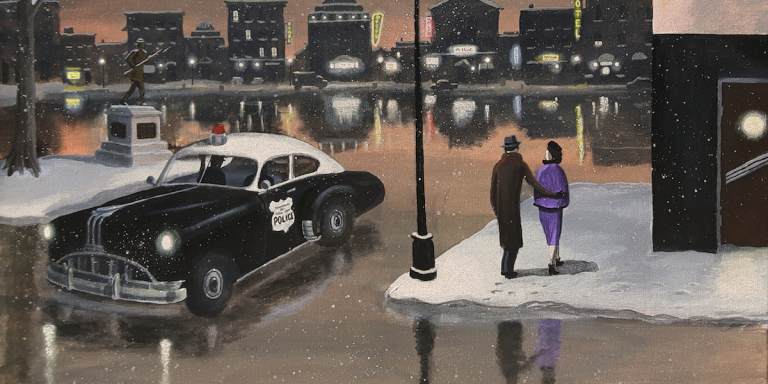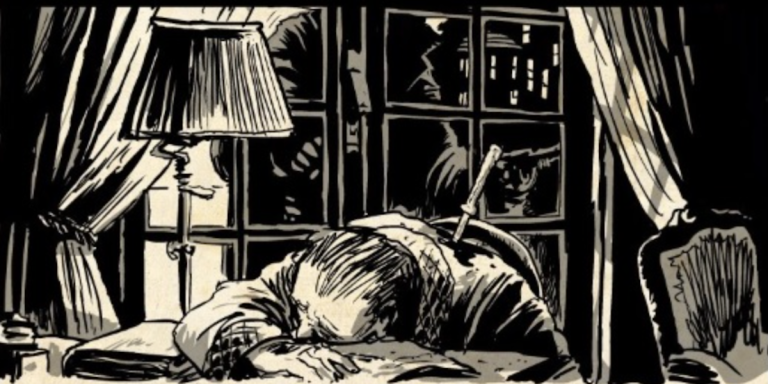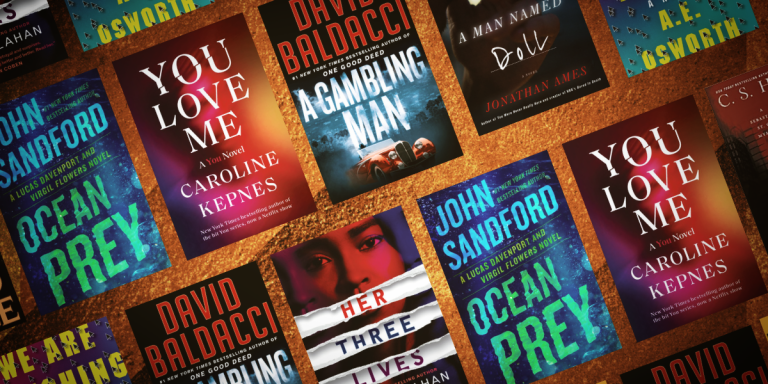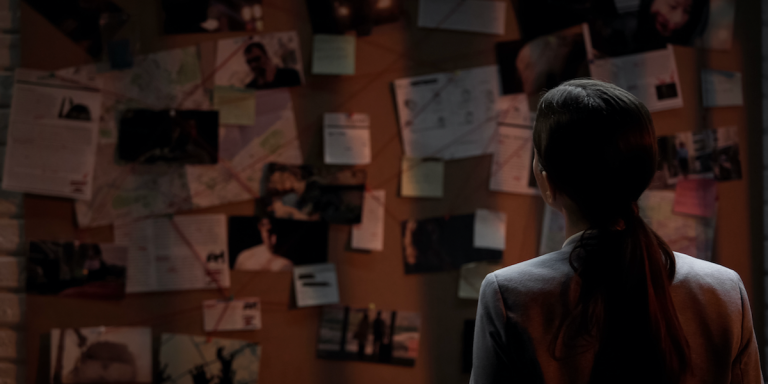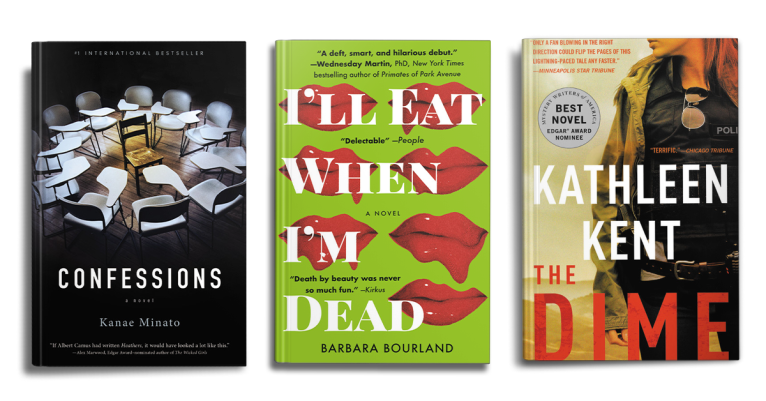An Inside Look at Who Is Maud Dixon? by Alexandra Andrews
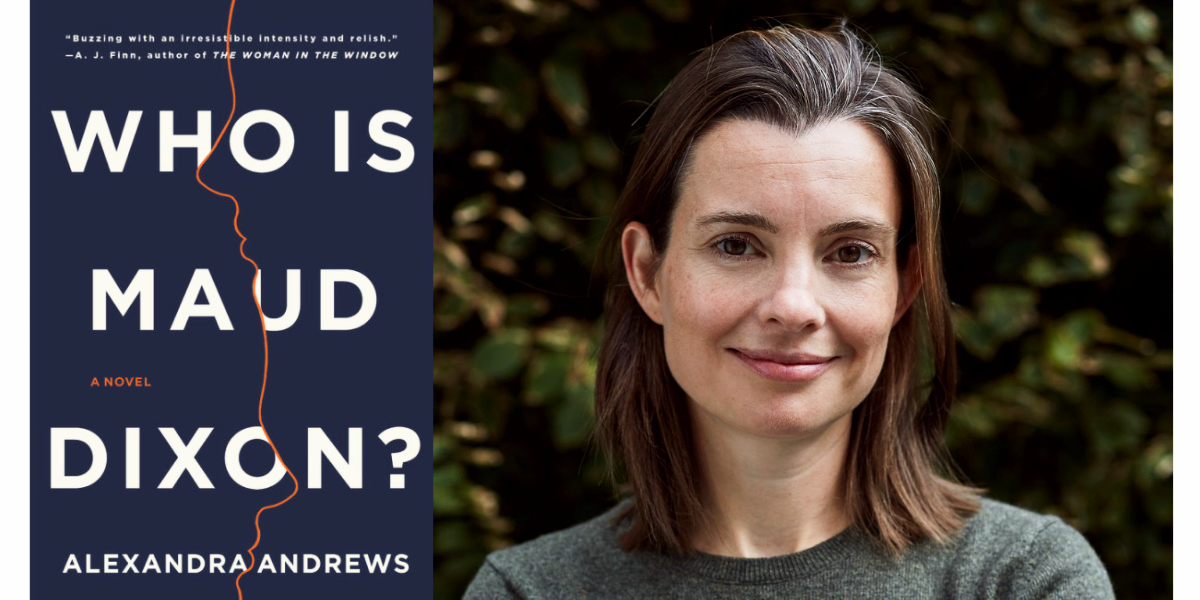 NS: In an interview you described Helen, the Maud Dixon herself, as “a more extreme version of a lot of the sharp, ambitious women” you’ve worked with. Who did you draw inspiration from when formulating this character? Was it from one major place or a cumulation of people and ideas?
NS: In an interview you described Helen, the Maud Dixon herself, as “a more extreme version of a lot of the sharp, ambitious women” you’ve worked with. Who did you draw inspiration from when formulating this character? Was it from one major place or a cumulation of people and ideas?
AA: Perhaps not surprisingly, it was Elena Ferrante who sparked the original idea for Maud Dixon. I was fascinated by the global obsession with her identity, which reached a pitch after her Neapolitan novels were published. But Maud’s personality—arrogant, ruthless, unapologetic—was my own creation. I’m someone who spends a lot of time worrying about being polite, and it was a kind of catharsis (and just plain fun!) to write about someone who cares nothing for social niceties. I don’t think anyone should use Maud Dixon as a model for how to live, but she does remind us of how liberating it can be to stop caring what other people think of you.
NS: A recurring question for readers throughout WHO IS MAUD DIXON? is: What would you do in Florence’s position? Florence gets an opportunity to imitate an anonymous best-selling author who is living the life of her dreams before she goes missing. There’s a lot of moral ambiguity in what comes next, but…can we really blame Florence? Was it easy to sympathize with your main character when writing her–or did you struggle with this dilemma as readers surely will?
AA: By the end of the book, Florence has crossed a line that I think (or hope!) few of my readers would cross. And please feel free to blame her for it, because, by that point, I don’t think she’d care what you thought of her anyway! But earlier in the book, when she’s still figuring out who she is, a lot of her problems can be chalked up to bad decision-making, rather than unforgiveable sins. Florence takes everything a step too far—she has no talent for moderation. I certainly sympathized with her at that point. And I doubt that there’s a single person out there who hasn’t fallen into the trap of imagining how much better his or her life would be if only X, Y or Z would happen. Florence was just in the usual position of finding her X, Y and Z all within reach.
NS: There’s a lot of twists and turns in this novel that make it the perfect read for psychological suspense lovers. Is there a secret to keeping readers on the edge of their seat? Were there any mind blowing plot twists in crime fiction movies and/or books that inspired you when writing WHO IS MAUD DIXON?
AA: Writing plot twists is hard because it’s impossible to judge how much a first-time reader will suspect; the writer can’t unknow what they know. But my general rule of thumb was: Go big or go home! In terms of inspiration, I’d say that the plot twist in the middle of Gone Girl is the one to beat. It’s just so unexpected and well-executed. The Usual Suspects is up there too. And then some set-ups are so ingenious they don’t even require a twist: I’m thinking in particular of Strangers on a Train (both the Hitchcock movie and the Patricia Highsmith novel on which it was based).
NS: What’s your favorite thing to read when you’re not writing twisty suspense novels?
AA: Right now I’m re-reading Anna Karenina. I have a terrible memory, which means I get to experience my favorite books for the first time over and over again. I tend to read more literary fiction than thrillers. What can I say, I’m a sucker for a beautiful sentence. Some all-time favorite authors include Peter Cameron, Muriel Spark, Shirley Hazzard, George Eliot, Rachel Cusk, Ben Lerner, and Christopher Beha, who I happen to be married to.
NS: Are there any exciting projects you’re working on that you can share?
AA: I’m not actually working on the movie version of my novel, but I’m certainly excited for it to come out. On a more personal level, my most exciting project is probably doing the New York Times crossword puzzle instead of actually writing my second novel like I should be. I guess that’s not “exciting” so much as “horrifically anxiety-provoking.”
Florence Darrow is a low-level publishing employee who believes that she's destined to be a famous writer. When she stumbles into a job the assistant to the brilliant, enigmatic novelist known as Maud Dixon—whose true identity is a secret—it appears that the universe is finally providing Florence’s big chance.
The arrangement seems perfect. Maud Dixon (whose real name, Florence discovers, is Helen Wilcox) can be prickly, but she is full of pointed wisdom—not only on how to write, but also on how to live. Florence quickly falls under Helen’s spell and eagerly accompanies her to Morocco, where Helen’s new novel is set. Amidst the colorful streets of Marrakesh and the wind-swept beaches of the coast, Florence’s life at last feels interesting enough to inspire a novel of her own.
But when Florence wakes up in the hospital after a terrible car accident, with no memory of the previous night—and no sign of Helen—she’s tempted to take a shortcut. Instead of hiding in Helen’s shadow, why not upgrade into Helen's life? Not to mention her bestselling pseudonym . . .
By clicking 'Sign Up,' I acknowledge that I have read and agree to Hachette Book Group’s Privacy Policy and Terms of Use
What to Read Next

